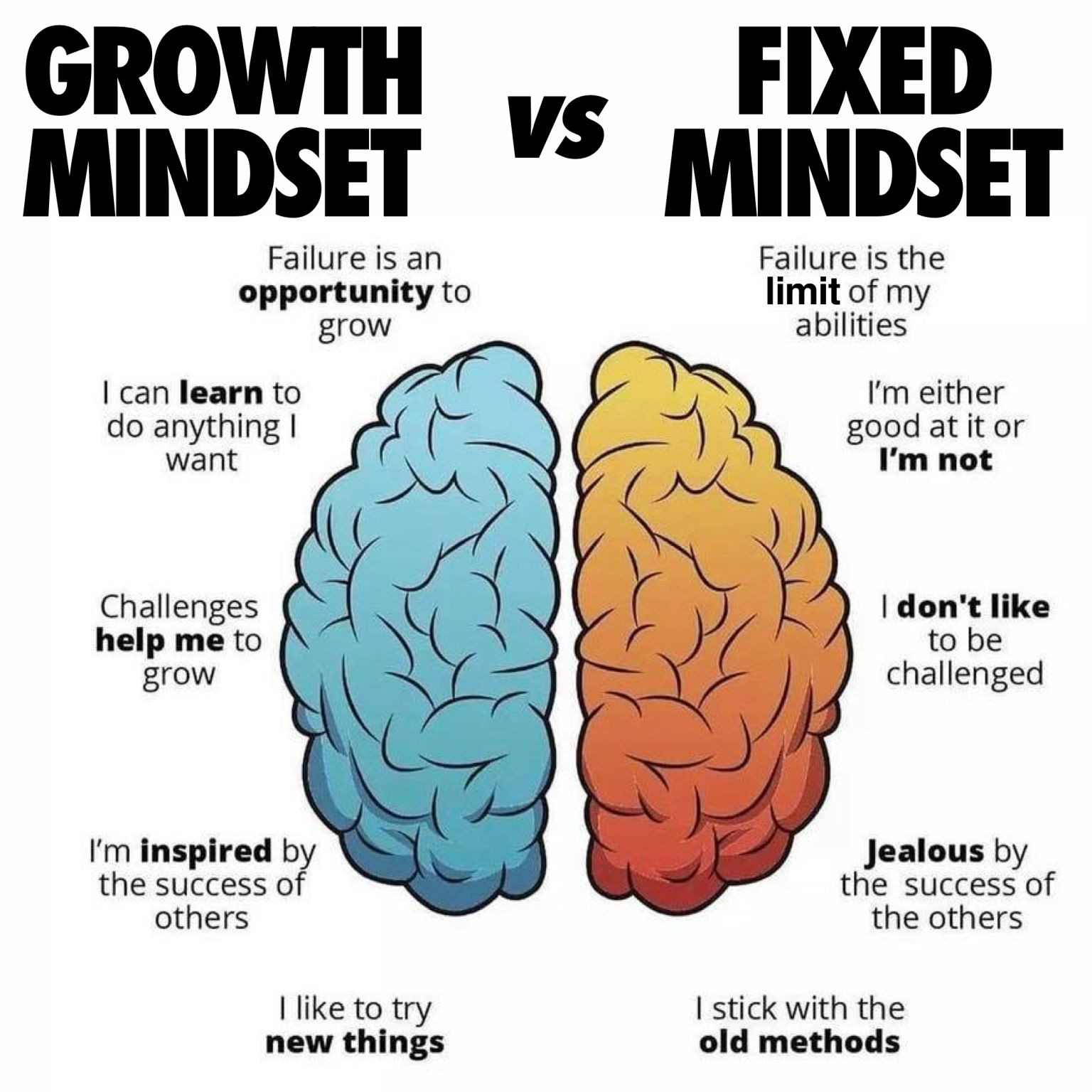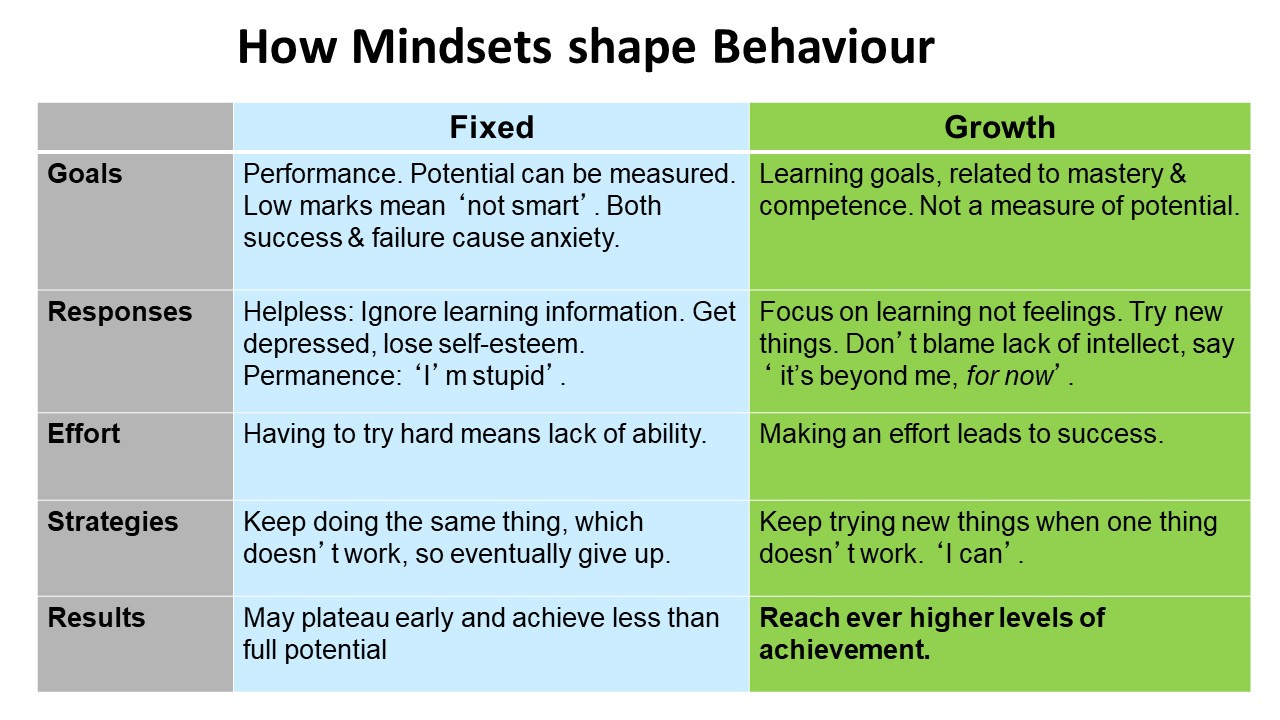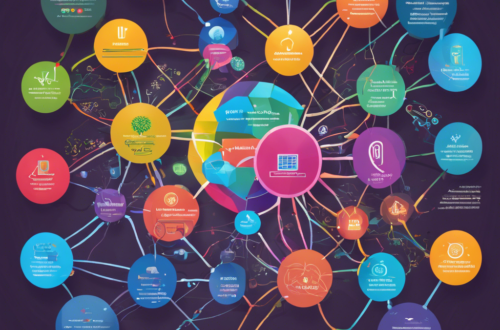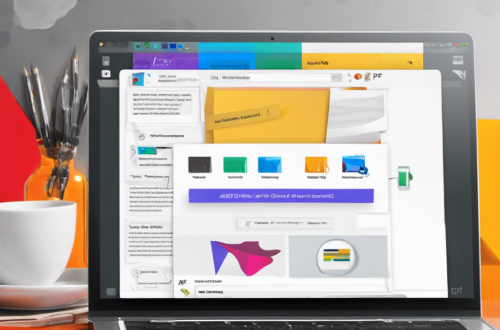
Introduction
Definition of Fixed Mindset
A fixed mindset is the belief that abilities and intelligence are static traits that cannot be significantly developed. Those with this mindset may think, “I’m just not good at math,” which can lead to discouragement and a reluctance to take on challenges. This perspective often stunts growth and limits achievement.
Definition of Growth Mindset
In contrast, a growth mindset embraces the idea that skills and intelligence can be cultivated through effort and learning. People with this mindset often view challenges as opportunities, believing things like, “I can improve with practice.” This positive outlook fuels resilience and inspires continuous personal and professional development, paving the way for success and fulfillment.

Characteristics of Fixed Mindset
Beliefs and Traits
Individuals with a fixed mindset often hold certain beliefs and traits that shape their approach to challenges and learning. They may believe that:
- Intelligence is innate and unchangeable.
- Failure reflects a lack of ability.
- Effort is futile in developing new skills.
These beliefs can create a protective shield, making them hesitant to step outside their comfort zones.
Impact on Behavior
The traits of a fixed mindset can significantly influence behavior. For example, someone might shy away from taking on new projects at work because they fear failing. This reluctance can lead to:
- Limited opportunities for growth.
- A tendency to give up easily when faced with obstacles.
- Avoiding challenges, often resulting in stagnation.
This mindset not only hinders personal growth but can also obstruct the potential for thriving in various aspects of life, making it crucial to recognize and address these limiting beliefs.

Characteristics of Growth Mindset
Beliefs and Traits
Individuals with a growth mindset possess beliefs and traits that foster resilience and adaptability. They typically believe that:
- Abilities can be developed through dedication.
- Challenges are opportunities for learning and growth.
- Persistence is key to mastering new skills.
These traits help them embrace experiences and see potential in themselves and others.
Impact on Behavior
The characteristics of a growth mindset significantly shape behavior and decision-making. For instance, a person may actively seek out feedback, viewing it as a tool for improvement. This leads to:
- Taking on new challenges with enthusiasm.
- Embracing failures as valuable learning experiences.
- Cultivating a collaborative environment with peers.
This proactive approach not only enhances personal achievements but also inspires those around them, creating a culture of continuous growth and improvement.

Benefits of Growth Mindset
Personal Development
Adopting a growth mindset can transform personal development in profound ways. Individuals learn to view obstacles as stepping stones rather than setbacks. Benefits include:
- Increased resilience during tough times.
- Greater self-awareness and confidence.
- An eagerness to pursue new hobbies or interests.
This mindset encourages individuals to break free from self-imposed limitations, resulting in a more fulfilling life.
Professional Growth
In the professional realm, a growth mindset propels career advancement by fostering innovation and collaboration. For instance, someone might:
- Embrace feedback to refine skills.
- Seek mentorship to broaden expertise.
- Pursue challenging projects that enhance their portfolio.
These actions not only contribute to individual success but also cultivate a dynamic work environment, driving collective achievement within teams. By nurturing a growth mindset, professionals can unlock their fullest potential while inspiring those around them to do the same.

Challenges of Adopting Growth Mindset
Overcoming Limiting Beliefs
Transitioning to a growth mindset comes with its share of challenges, notably overcoming deeply ingrained limiting beliefs. Many people grapple with thoughts like:
- “I’ll never be good at this.”
- “Failure signifies my incompetence.”
To combat these negative notions, individuals must actively challenge their internal dialogue, replacing limitations with empowering affirmations. For example, instead of thinking, “I can’t learn this,” one might say, “I can improve with practice.”
Building Resilience
Another challenge is building resilience in the face of setbacks. Developing a growth mindset doesn’t mean that failure won’t happen; rather, it prepares individuals to respond positively. Strategies to enhance resilience include:
- Reflecting on past successes, however small.
- Setting realistic goals for gradual progress.
- Seeking support from friends or mentors during difficult times.
Learning to view adversity as a learning experience is vital. Ultimately, embracing these challenges can lead to profound personal and professional transformation.

Strategies to Develop a Growth Mindset
Embracing Challenges
To cultivate a growth mindset, one of the most effective strategies is embracing challenges. Taking on new tasks, even when they seem daunting, can yield growth. Consider setting personal goals such as:
- Volunteering for a demanding project at work.
- Trying a new sport or hobby.
- Engaging in difficult conversations to strengthen relationships.
These experiences can stretch comfort zones and enhance confidence.
Learning from Failures
Equally important is the ability to learn from failures. Instead of viewing setbacks as points of defeat, treat them as invaluable lessons. Reflecting on failures can involve:
- Keeping a journal to analyze what went wrong and how to improve.
- Discussing experiences with a mentor or trusted friend for additional insights.
- Celebrating small victories and recognizing progress over perfection.
By shifting the perspective on failure, individuals can cultivate resilience and fuel their journey toward a growth-oriented mindset. This proactive approach ultimately leads to enriching experiences and personal fulfillment.

Applications in Education
Classroom Practices
Implementing a growth mindset in educational settings profoundly impacts classroom practices. Educators can promote this mindset by:
- Emphasizing effort over innate ability in student assessments.
- Incorporating activities that require collaboration and problem-solving.
- Providing constructive feedback that focuses on improvement.
These strategies create an encouraging atmosphere where students feel safe to take risks and explore their potential.
Student Performance
The influence of a growth mindset extends to student performance as well. When learners adopt this mindset, they often showcase remarkable improvements. For instance:
- Increased engagement and participation in classroom discussions.
- A higher rate of persistence in completing challenging assignments.
- Enhanced performance on assessments due to a positive attitude toward learning.
By fostering a growth mindset, educators not only enhance individual student outcomes but also contribute to a culture of continuous improvement within the educational community. This holistic development prepares students for future challenges, equipping them with skills that extend far beyond the classroom.

Impact on Personal Well-being
Mental Health
A growth mindset significantly contributes to personal well-being, especially in relation to mental health. By fostering a belief in one’s ability to grow, individuals can:
- Reduce anxiety related to performance and failure.
- Develop coping strategies for stress and setbacks.
- Promote a sense of control over their life circumstances.
For instance, someone embracing challenges tends to experience less fear of judgment, cultivating a healthier mindset.
Emotional Intelligence
Moreover, adopting a growth mindset enhances emotional intelligence— the ability to understand and manage one’s emotions and those of others. This manifests in several ways, such as:
- Improved self-awareness, leading to better decision-making.
- Enhanced empathy, allowing for stronger interpersonal relationships.
- Greater adaptability in social situations.
By investing in developing a growth mindset, individuals not only enrich their mental health but also nurture their emotional intelligence, creating a foundation for healthier relationships and a more fulfilling life.

Conclusion
Importance of Mindset
In summary, mindset plays a crucial role in shaping our experiences and outcomes, influencing everything from personal development to mental health. A growth mindset encourages resilience, fosters curiosity, and enables individuals to navigate life’s challenges with confidence. Embracing this perspective can lead to profound transformations in various aspects of life.
Encouraging Growth Mindset Mentality
To cultivate a culture of growth, it’s essential to actively encourage this mindset in oneself and others. Consider:
- Sharing stories of overcoming challenges with friends and family.
- Offering praise for effort and learning rather than inherent ability.
- Creating safe spaces for experimentation and failure.
By promoting a growth mindset mentality, we empower ourselves and those around us to thrive, unlocking the potential for continuous growth and lifelong learning. Together, let’s embrace the power of our mindsets to shape a brighter future.


